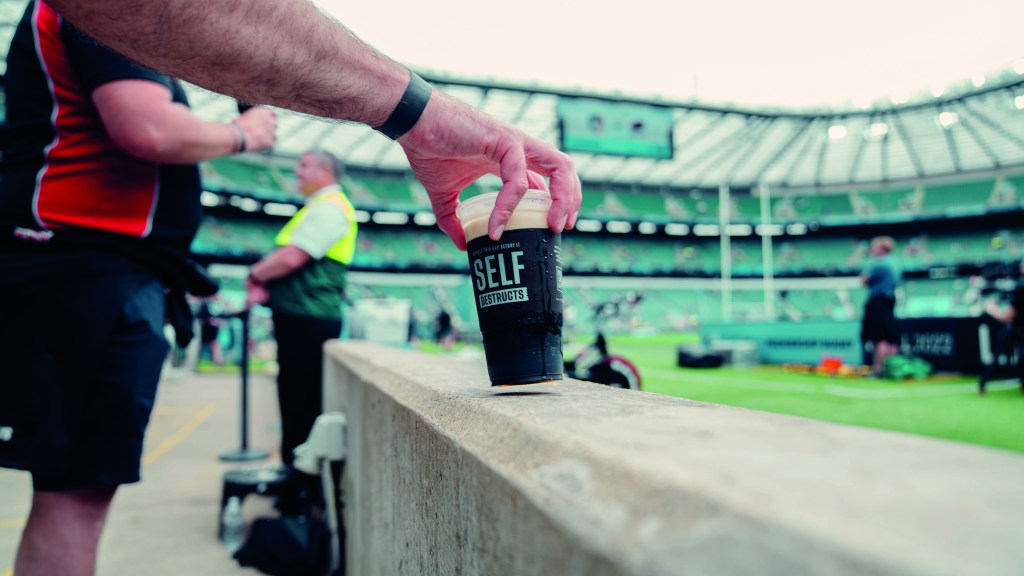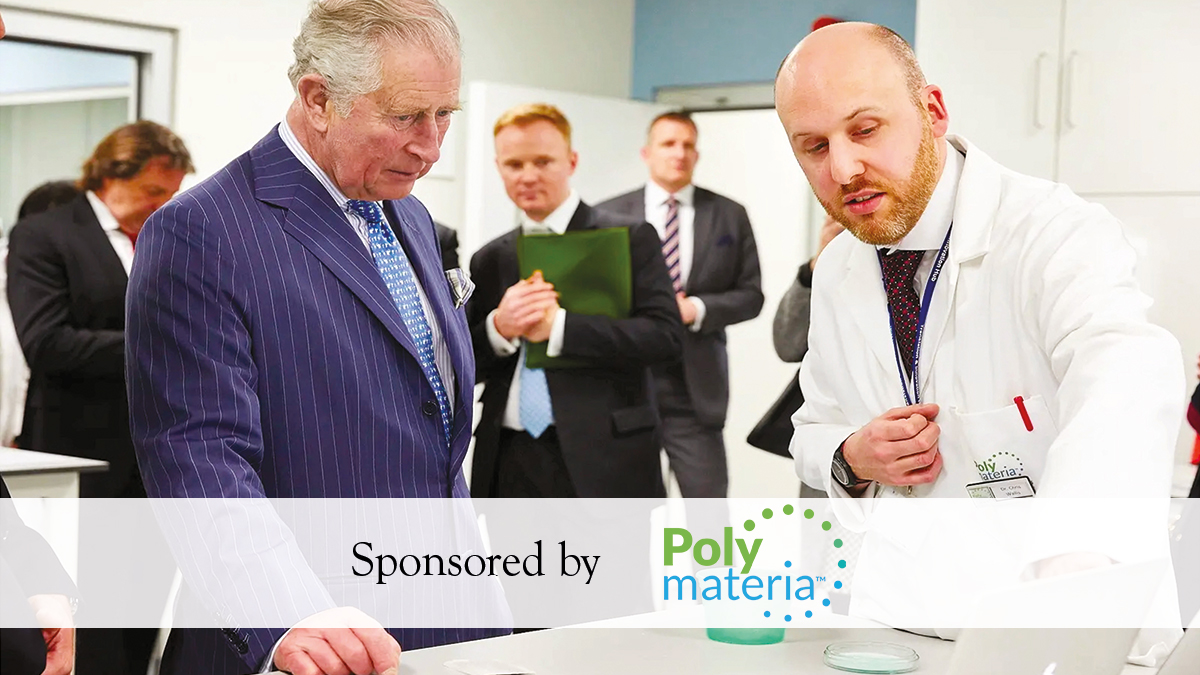The numbers speak volumes: Around 400 million tons of plastic is produced annually, of which roughly a quarter goes into packaging. At the end of its life, 14 per cent of plastic packaging waste is collected for recycling, another 14 per cent gets incinerated and 40 per cent is landfilled. This leaves a stubborn 32 per cent vanishing into our environment, destined to pollute our oceans and landscapes for centuries.
Britain is a significant contributor to addressing the problem of fugitive plastic waste
While the mantra of ‘reduce, reuse, recycle’ remains vital, Britain has emerged as a significant contributor to addressing this blind spot: fugitive plastic waste. For decades, global efforts have focused almost exclusively on collection and recycling, while ignoring the uncomfortable truth that millions of tons of plastic continue to escape into the environment each year – a reality demanding technological intervention alongside regulatory approaches. Britain has implemented ambitious initiatives, including extended producer responsibility schemes and plastic packaging taxes. Yet these highlight a crucial gap: solutions effective in Britain’s well-structured waste management systems often prove impractical in regions with different infrastructure and economic realities. The environmental challenge demands a dual approach: maximising recycling where infrastructure allows while developing innovations addressing plastic pollution at its source for those inevitable cases where collection fails.
Into this gap steps an important British innovation that has emerged from Imperial College London. A core team of scientists brought together by Polymateria has invented a technology that programs plastic to return to nature safely if it escapes waste streams. The approach is both novel and scientifically validated: materials that function as conventional plastics can still be recycled, but will then transform – through a time-release mechanism – into a bioavailable wax when exposed to natural elements. Within two years, they biodegrade, leaving neither toxic residue nor microplastics behind.

Twickenham Stadium provided an early case study for this technology. The home of English rugby adopted Polymateria’s ‘self-destructing’ cups and established a measurable circular system, collecting and transforming used cups into kicking tees and benches distributed to youth rugby clubs nationwide. Those cups escaping collection will leave no enduring footprint. The technology has since spread across sporting and entertainment venues, with Premier League grounds and major concert arenas embracing the solution.
Meanwhile, across southeast Asia – the region with the highest levels of fugitive plastics – one of the leading coffee chains, ZUS Coffee, has adopted biodegradable straws using the same technology. This is a perfect demonstration of how British innovation can address pollution in markets with different waste management capabilities. Adding further credibility to this approach, a new standard for biodegradable plastics developed by the British Standards Institution called BSI PAS 9017 has become an important reference point for regulations worldwide, particularly in key Commonwealth countries. This evolution of global standards represents a substantive British contribution to addressing the plastic crisis that extends beyond any single technology.
Taken all together, these advances demonstrate British pragmatism at its finest – recognising that while recycling deserves our best efforts, we require multi-purpose solutions that deal with the world as it is, not just how we want it to be.

For further information, go to www.polymateria.com






Comments